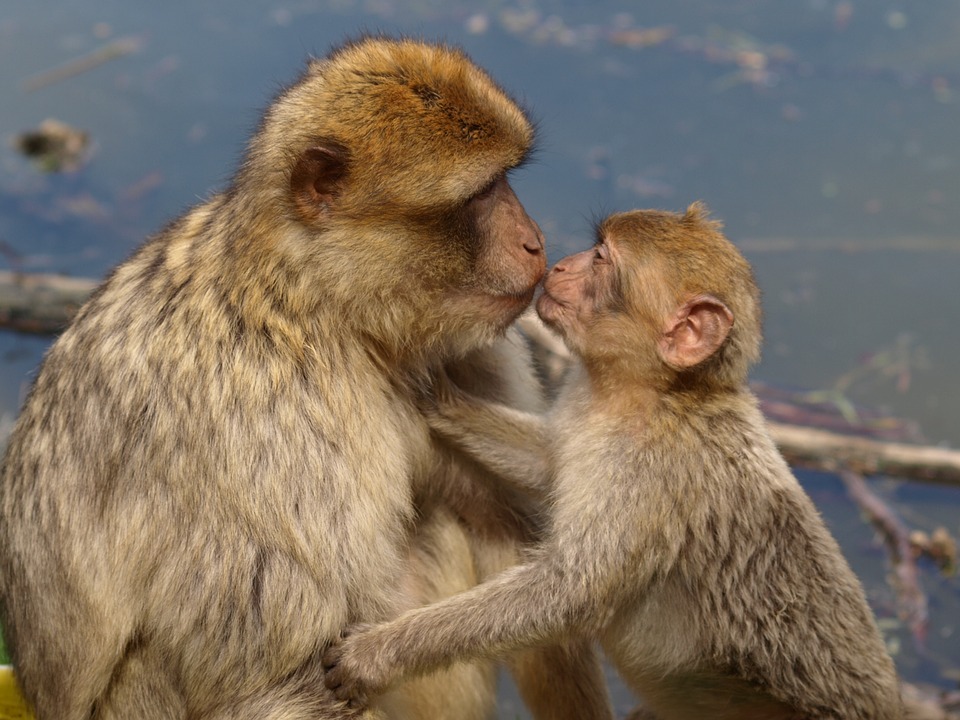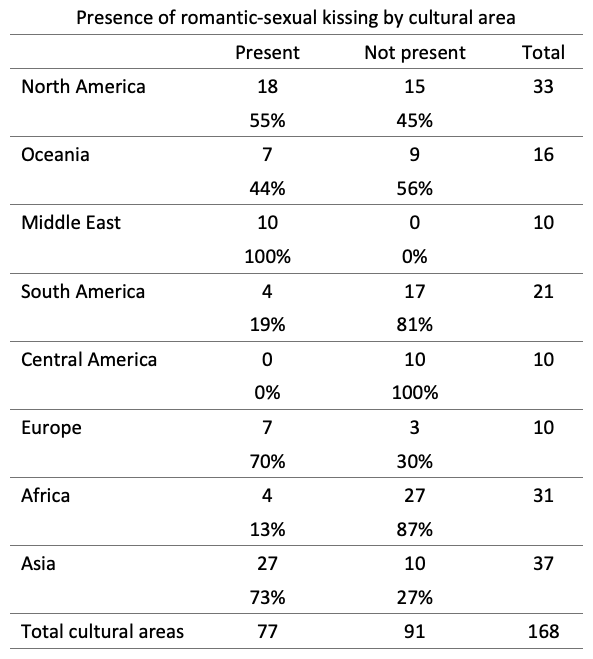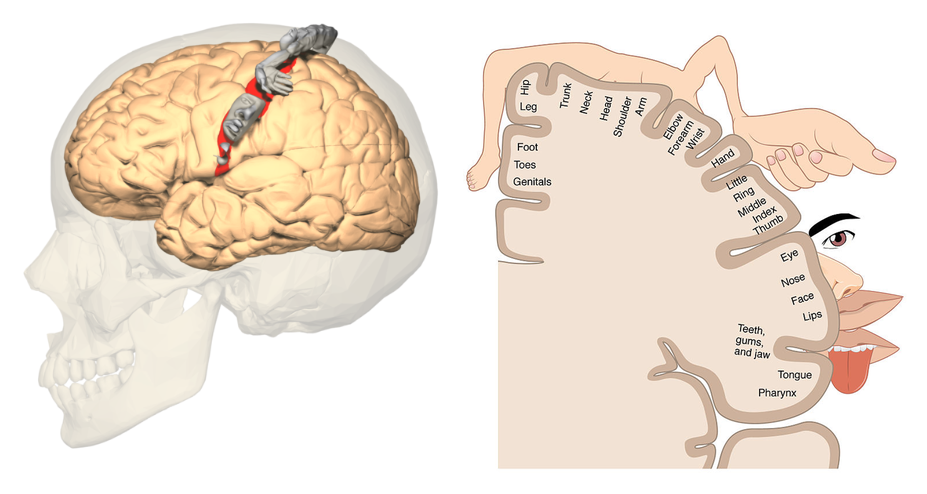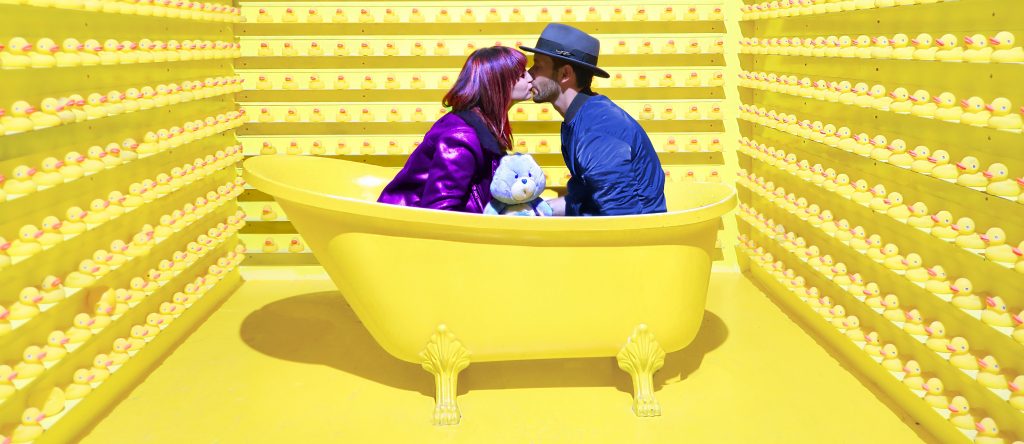This post is also available in Dutch.
“I don’t know… I can’t describe it,” my friend hastily shook her head as her face crumpled into something resembling a sad pug, “I can’t see him again. He’s such a bad kisser.” I’ve heard similar tales from many friends who, after sharing a kiss with an otherwise outwardly impeccable person, concluded that a fateful lip-lock was the death knell for the would-be romance. But why?

We can learn a lot about ourselves by looking at how animals behave, including their kissing habits. Some animal species (e.g. dogs, elephants, monkeys, etc.) use a form of “kissing” or nuzzling as a part of grooming, establishing hierarchy, or checking out pheromones. Besides humans, however, only bonobos kiss with their tongues—but not in a romantic way.
We can assume that kissing for romance is something that only humans do, but that doesn’t mean that all humans do it. In fact, only fewer than half of cultures surveyed around the world practice the act of romantic-sexual kissing (see below).

Cultures that don’t partake in the lip-to-lip smooch find the act particularly gross. They’re kind of right: An intimate kiss can pass on approximately 80 million bacteria from one person to another, most of which aren’t harmful. But don’t freak out: A normal handshake can transmit almost twice that number of bacteria.
Why do we do it?
If only about 46% of humans romantically kiss and if the act itself is—let’s face it—pretty weird, then why do we do it?
- Pheromones? One theory is that people, like some animals and insects, detect pheromones better through kissing. Nonetheless, scientists have yet to agree on solid evidence of the existence of human pheromones.
- Hormones? Some anthropologists further theorize that when we enact mouth-to-mouth kissing (with a man), we share saliva which contains testosterone that enhances our sex-drive. Likewise, kissing stimulates the production of dopamine and oxytocin, which are brain hormones that are thought to be linked with feelings of love and trust.
- Immune response? Additional theories postulate that the close assessment of a potential partner’s scent and taste may be a biological motivation for kissing, since both can provide indicators of the other person’s immune response.
Regardless, the biological evolution of the act of kissing as a part of foreplay repertoire is still in question, since it seems to be passed on through separate cultures and not through humankind in general.
Why does it feel good?
Lip kisses are felt in a brain area known as the primary somatosensory cortex (S1), which is the main receptive area for general bodily sensation. Discrete areas of S1 are specific to certain body parts and each of these areas differ in size (see below).

Our hands, lips, and tongue take up disproportionately larger areas of S1 than the rest of the body, resulting in greater sensitivity to touch for those bodily areas. Therefore, for those of us who indulge in the occasional (or often) lip-on-lip petting, both people involved in the action can feel a great deal and experience a lush sensory encounter. For those of us who don’t kiss other people’s lips—well, those body parts are still vital for figuring out food.
Why do some cultures have intimate kisses, while others do not? What does this mean for the act itself? Can you imagine romance without a kiss? Do we really need it? Maybe we just keep doing it because it feels good and the people around us tell us it should. Nevertheless, before you get too anxious about your next Tinder date, just remember: The way we kiss might be important but so are conversation skills and much, much more.
Credits
Original language: English
Author: Christienne Gonzales Damatac
Buddy: João Guimarães
Editor: Monica Wagner
Translator: Felix Klaassen
Editor Translation: Wessel Hieselaar
